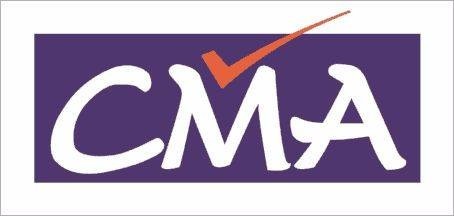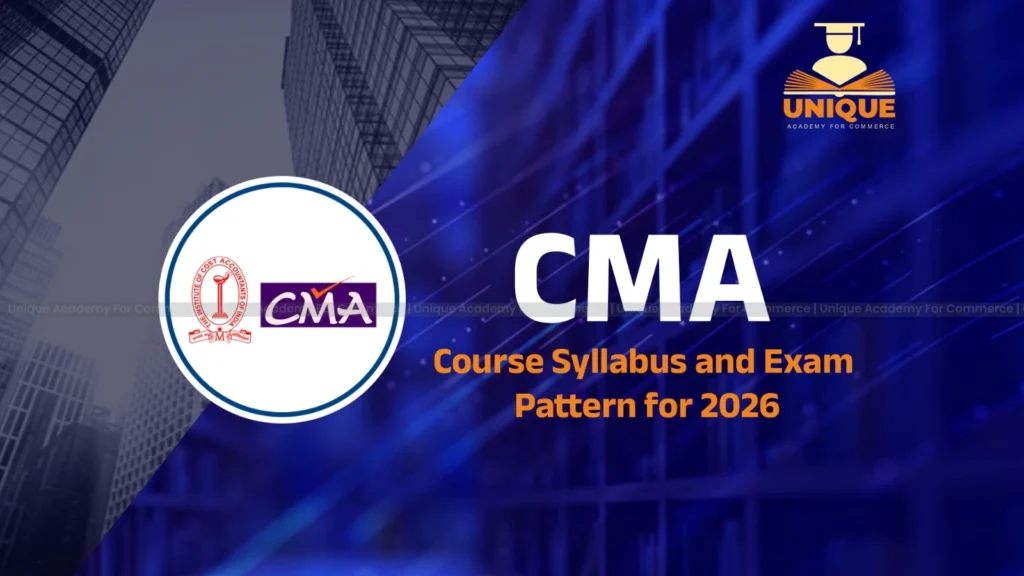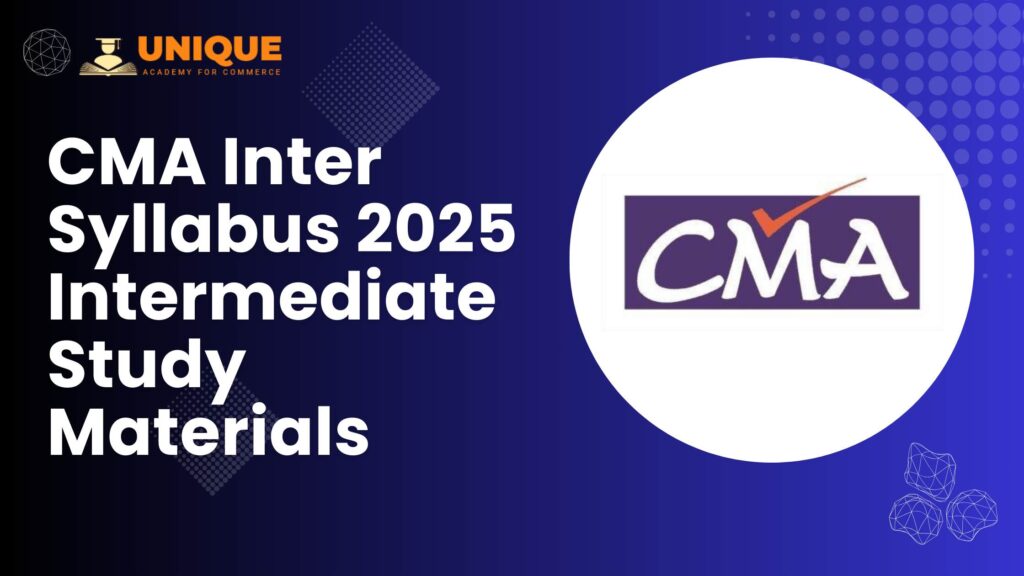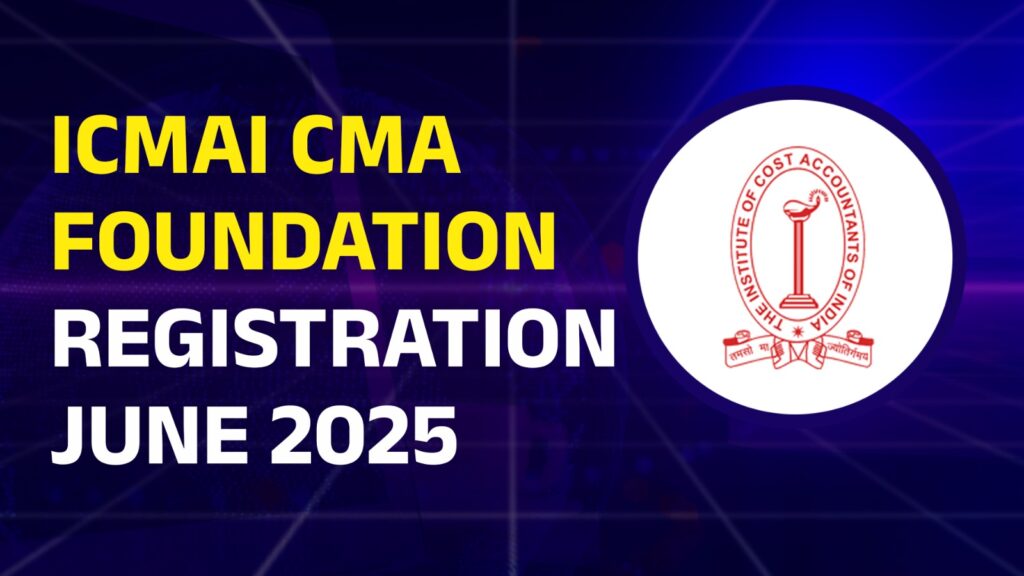CMA vs MBA: Everything You Need to Make the Right Decision

The decision to opt for a CMA (Cost and Management Accounting) or an MBA (Master of Business Administration) is one of the most important decisions one can make in their career if one is planning to work in the fields of finance, management or corporate governance.
Despite the fact that both qualifications provide a great opportunity to build a successful career, they are designed for people with different skills, intentions, and needs in the workplace. In this blog, we will compare CMA India and MBA in terms of syllabus, career opportunities, cost, and other aspects so that you can make the right choice.
1. Understanding CMA India
The CMA is the Cost and Management Accounting qualification that is provided by the Institute of Cost and Management Accountants of India (ICMAI).
It is intended for students who are interested in focusing on cost management, financial analysis, and strategic financial decision. The program is famous for the cost management, financial planning and performance management in organizations.
Key Features of CMA India:

Syllabus: The CMA program comprises of cost and management accounting, taxation, corporate laws, financial management, and strategic performance management. It has three stages which include the Foundation, Intermediate, and the Final stage.
Duration: The CMA course can take anywhere between 4 to 5 years depending on the pace at which one clears each level.
Exams: The examination format is quite demanding, and there are several papers at each grade. It involves the knowledge of accounting standards, financial analysis, and laws.
Career Focus: CMA professionals are specialized in cost management, internal auditing, and budgeting. They are very important in enhancing efficiency in financial management and the overall financial health of an organization.
2. Understanding MBA
MBA is an internationally accredited Master’s degree that aims at enhancing the understanding of management and leadership in business.
MBA programs are available in many universities and business schools and can be specialized in fields such as finance, marketing, human resource, operations, and many others.
Key Features of MBA:

Syllabus: The MBA program comprises a broad spectrum of topics in business management, strategy, marketing, leadership, economics, finance, and human resource management. MBA students are allowed to select elective courses depending on their fields of specialization.
Duration: The MBA is generally a 2-year full-time program, but there are part-time, executive, and distance learning versions as well.
Exams: MBA programs are usually entrance exam based and the common ones include CAT, GMAT, and XAT. After enrolling for an MBA program, students are assessed through cases, projects, presentations, and tests.
Career Focus: MBA graduates are prepared for management, leadership and executive positions in their careers. The program equips you for the realities of business management, planning, and decision-making across different sectors.
3. Syllabus Comparison: CMA India vs MBA
Although CMA and MBA both include business and finance in their curriculums, they are focused on different aspects.
CMA India: The CMA curriculum is very specific, and it covers cost accounting, financial management, taxation and legal requirements. It is very much technical and analytical in nature and produces graduates to take up positions that require planning and controlling of finances, evaluating business strategies from a financial perspective.
MBA: The MBA program includes more general subjects such as marketing, organizational behavior, leadership, entrepreneurship, and strategy besides finance and accounting. MBA programs provide a broader perspective of how businesses work and are designed for students who want to be general managers or leaders.
4. Career Prospects
CMA and MBA qualifications provide good employment prospects, but the kind of jobs that you will be qualified for may vary.
Career Prospects for CMA India:
Cost Accountant: CMA professionals are involved in cost management, budgeting and financial planning. They are found in sectors where cost control is paramount, including manufacturing, FMCG, and service industries.
Financial Analyst: CMAs typically assume positions in analysis, where they assist organizations in improving their profitability through the use of data.
Internal Auditor: Most CMAs focus on auditing to make sure that the companies are in compliance with the financial laws and regulations as well as internal controls.
Management Accountant: They are involved in the evaluation of financial information for decision making purposes and may be in close contact with the senior management to enhance the financial performance.
Career Prospects for MBA:
General Management: MBA holders are equipped for leadership positions in different fields, for example, as Chief Executive Officer, Chief Operating Officer, or any other high-ranking officer.
Finance Manager: The specialists in finance can work in investment banking, financial planning, and corporate finance.
Consulting: MBA graduates, particularly those from prestigious universities, transition to consulting roles where they assist businesses in enhancing their processes, profitability, and planning.
Entrepreneurship: A good number of MBA graduates use the knowledge and contacts they have acquired to venture into business or other related enterprises.
5. CMA India vs MBA: Cost of Pursuing
The cost of education is one of the main concerns of most students when choosing between CMA India and MBA.
CMA India: The cost of completing the CMA program is relatively low. The total expenses for the course may range from INR 50,000 to INR 1,00,000 which includes the registration fees, study material and examination fees if taken from coaching or by self-study. The ROI for a CMA is regarded high especially for those who wish to be specialized in cost and financial management.
MBA: An MBA, particularly from a leading B-school, can be far more costly. The cost may vary from INR 5 lakhs to INR 25 lakhs or even more depending on the institution and the program. For international MBA the costs can go up to INR 50 lakhs and above. But the possible salary that an MBA graduate from premier institutes can earn can offset the high cost.
Now the question is CMA vs MBA Which One is Better?
Whether to go for CMA vs MBA depends on your goals, passion, and pocket at your disposal. Here are a few considerations to help you make the right choice:
Here are a few considerations to help you make the right choice:
- Career Goals: CMA professionals usually work in finance, accounting, auditing profiles while MBA graduates can make a career in wide array of domains like administration, HR roles, team lead etc.
- Time and Cost: The CMA route is comparatively cheaper in cost but will take 4.5 years at least, however MBA is costly but time is usually 2 years to get in the industry.
- Global Recognition: While CMA India is highly regarded in India and other countries, the MBA is more widely recognized internationally, especially from reputed institutions.
















